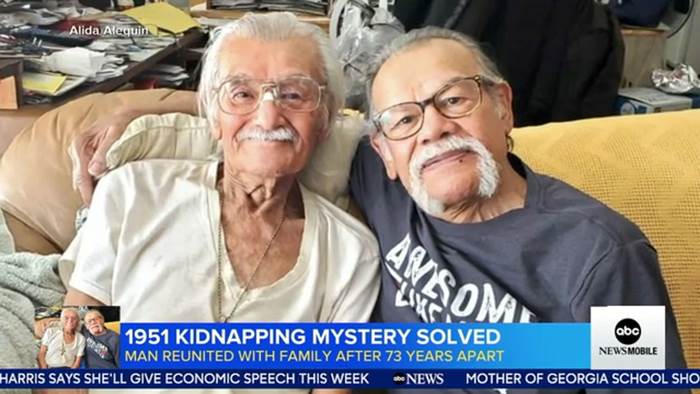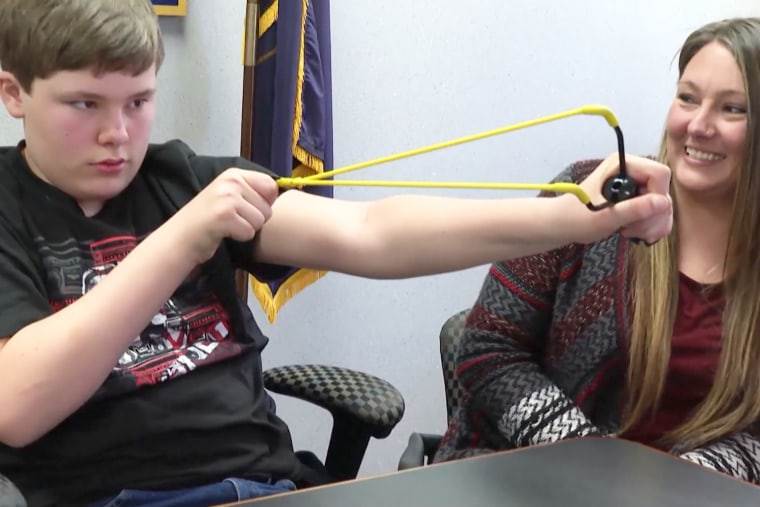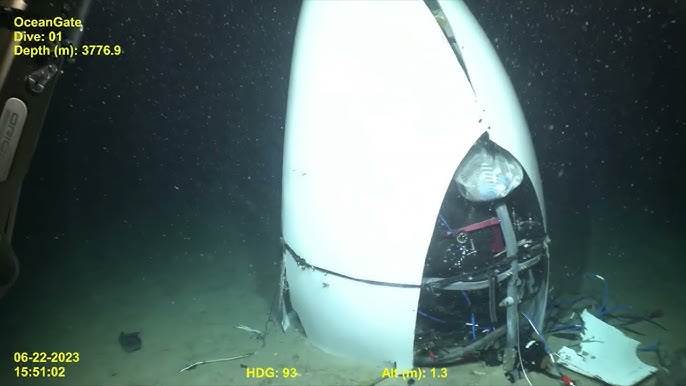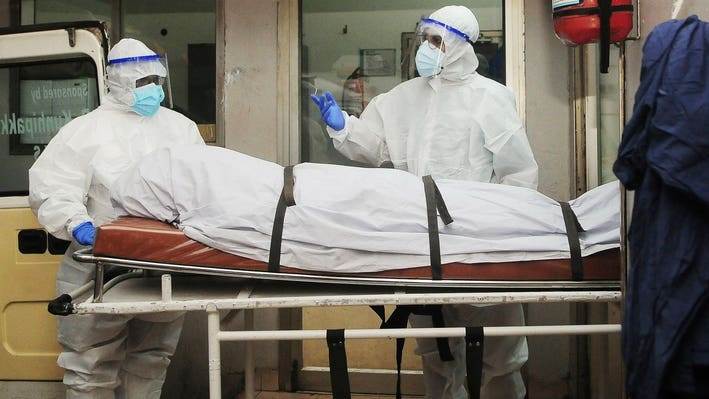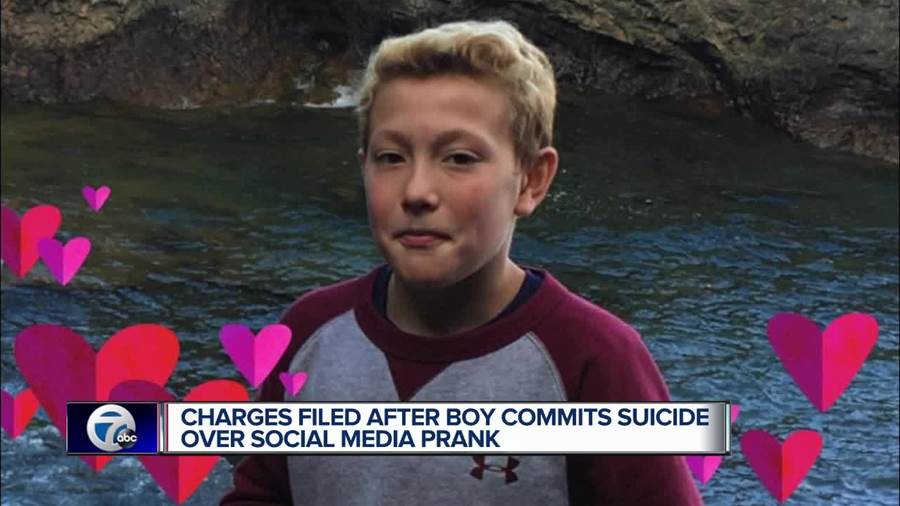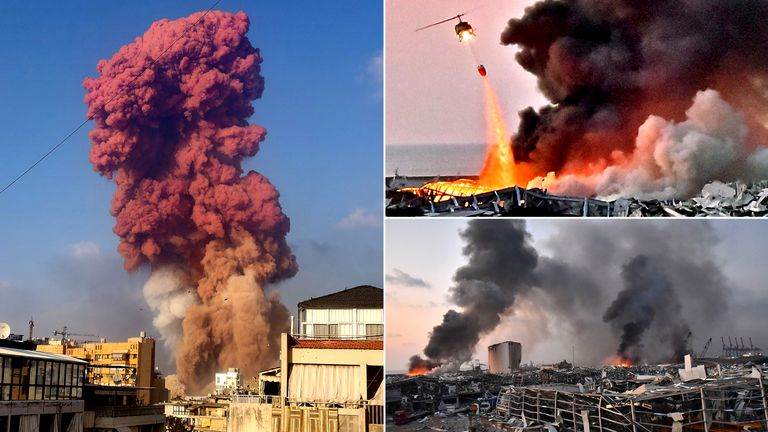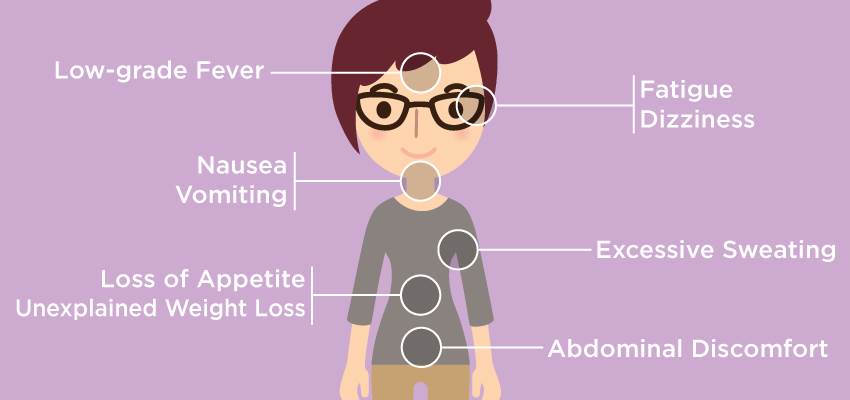
This week, I received some heart-wrenching news: a 30-year-old patient was diagnosed with cancer. The challenge of delivering such a diagnosis to someone so young is profound, particularly when symptoms had been present for years but went unexamined. This situation underscores a crucial point—early detection of cancer is vital, and it can make all the difference in treatment outcomes.
Cancer can affect individuals at any age, and it's becoming increasingly common to see diagnoses in younger patients.
Symptoms that may seem benign or could be attributed to other health issues should not be ignored. For instance, if you experience unexplained fatigue, significant weight loss, or notice any unusual masses or enlarged lymph nodes, it is essential to seek medical evaluation promptly.
Patients with gastrointestinal cancers, such as colorectal cancer, often report symptoms like constipation, changes in stool caliber, or even blood in the stool. These symptoms can be alarming but are often overlooked or attributed to less serious conditions.
If you notice any of these signs, don't wait—schedule a visit with your primary care provider to discuss them.

The article is not finished. Click on the next page to continue.
The article is not finished. Click on the next page to continue.
Next page

